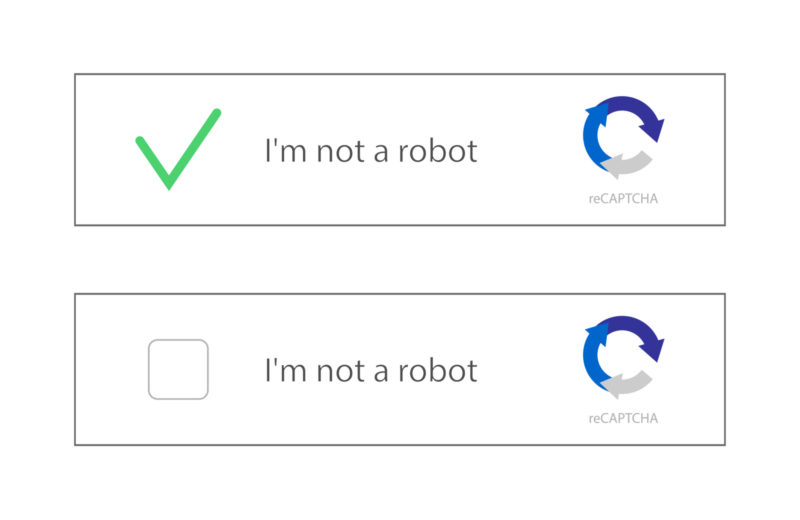Neoliberalism and Intellectual Turing Tests

The word “neoliberalism” is in vogue. It pops up frequently in journals, in newspapers, in magazines, on blog posts and on social media. The term is a loose one. When one asks for a definition, one obtains a pile of conflicting efforts that have very little in common.
Is neoliberalism libertarianism? Is it a form of market-oriented technocracy? Is it a form of elitist ideology favorable to markets? Is it a justification for a rent-seeking elite? It’s unclear exactly what it is.
Simultaneously, it is hard to find scholars who use the label of “neoliberal” to define themselves. Some scholars do, largely to avoid saving time and energy that can be used to explain a deeper point (an understandable urge). Some other scholars do the same but for marketing purposes, a bit like the term “capitalist” has been absorbed by people on the right as a term of endearment.
I would urge those scholars to avoid endorsing the term because it will debase academic conversations.
The key for rich academic conversations is the ability to undergo intellectual Turing tests — the effort of stating opposing views as clearly and persuasively as their proponents. Turing tests are the summum of intellectual honesty, a continuous exercise to remain intellectually disciplined and avoid shortcuts. It’s a challenging effort that requires exposition and absorption of the best version possible of an argument.
A successful Turing test is measured when one is able to fool others into making them believe that he actually holds the view that he is parroting. However, because we are, like any other human beings, endowed with limited time, we must pick the best argument possible to undergo a Turing exercise.
The problem is that the use of the term “neoliberalism” is strongly correlated with punditry. For every one of the positive examples listed above, there are a hundred examples of the term being used as an insult or an ungenerous depiction of a conflicting argument. In equal numbers are the uses of the term to sidestep logical inconsistencies.
This correlation suggests that the use of the word neoliberalism is associated with lesser forms of valuable arguments or viewpoints. The correlation is a tool to sort which argument to use as an input in a Turing test. Although this is a highly imperfect heuristic mechanism, it does allow one to sort through the pile of iterations of the same argument by eliminating most of the bad iterations. Separating the wheat from the chaff is not easy and sometimes, some good wheat gets thrown away with the chaff.
It’s not that the term neoliberalism is always poorly used. There are, in fact, some scholars who seem to define it in a consistent way and do their utmost to be precise and nuanced. Examples on the economics side of social sciences include Ryan Murphy, Scott Sumner and Dani Rodrik (suggesting that accurate use of the term can be non-ideological).
Other examples, such as French political scientist Kevin Brookes and Canadian historian Quinn Slobodan, exist. While one may disagree with their interpretation, they are generally consistent and/or are not used for partisan purposes. These are, however, exceptions. They are costly ones to find as it is necessary to wade through a large collection of bad iterations. The effort is not worth it.
In fact, there is a historical parallel to neoliberalism: Marxism. During the first decades of the Cold War, the terms “Marxist” and “Marxist-Leninists” were thrown generously at “standard” left-leaning arguments in an effort to discredit them. The use of the term was meant to discredit these scholars, regardless of whether or not they made serious efforts to understand opposing views in order to produce valuable responses.
Rightfully, serious left-leaning scholars who were attacked with these monikers saw the use of those labels as a way to sort out who were the serious conservatives or centrists worth engaging with.
Were these scholars wrong? I dare say that they were not. At the very least, they were not wrong to do so if their aim was to undergo a Turing test to fully absorb the best version of an argument.
We ought to do the same today if what we care most about is honesty and probity in academia. Adopting the term for strategic purposes (either to demean the other side or to irritate those who use it to demean) will only debase academia.










